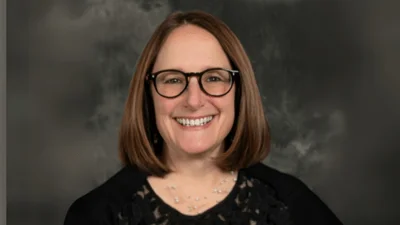Robert J. Jones Chancellor | University of Illinois Urbana-Champaign
Robert J. Jones Chancellor | University of Illinois Urbana-Champaign
Eleven teenagers from Illinois have joined the Illinois 4-H Livestock Ambassador Team, aiming to develop their leadership skills and advocate for the livestock industry. The team consists of 4-H members and recent alumni under 21 years old, who serve as role models in the industry by planning events and serving on advisory boards.
“The goal of the State Livestock Ambassador team is having youth act as role models that advocate for the livestock industry as well as the State 4-H program,” stated Dan Jennings, a University of Illinois 4-H youth development educator. He emphasized the importance of these young leaders in informing others about livestock production and 4-H opportunities.
Jennings also noted, “Our ambassadors plan, implement, teach, and evaluate our 4-H livestock events. They are an essential part of making our statewide livestock events a success for younger 4-H members.” Besides planning roles, these teens participate in statewide committees like Youth Education in Agriculture and contribute to state fairs.
The new ambassadors for 2023 include Lilliana Bernabei from LaSalle County; McKayla Harms from Woodford County; Davis Howell from DeWitt County; Saralynn Joiner from Macoupin County; Shelly Pierson from Clay County; Ellie Fleener from Clay County; Emma Pistorius from Christian County; Myra Dunahee from Clay County; Logan Corzatt from Warren County; Paris Van Dyke from Clay County; and Maycee Moore from Lawrence County.
New members are selected annually for two-year terms and must submit quarterly reports to Extension staff in their respective counties. More information about leadership programming can be found on the Illinois 4-H Teen Leadership page.
Illinois 4-H is part of the University of Illinois Extension within the College of Agriculture, Consumer, and Environmental Sciences. It aims to empower young people through hands-on experiences that prepare them for future careers. Research shows that participants are more likely to contribute to their communities, make healthier choices, be civically active, and engage in STEM programs.


 Alerts Sign-up
Alerts Sign-up